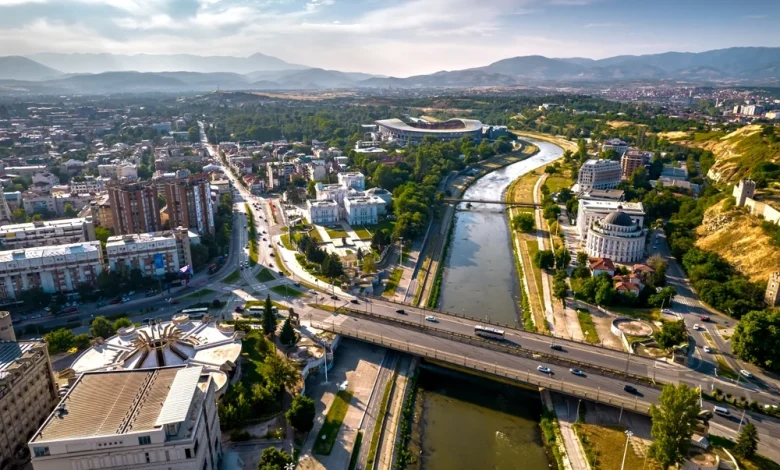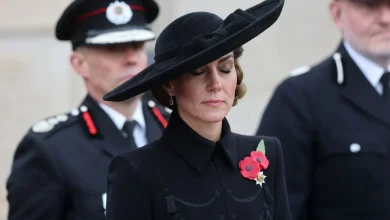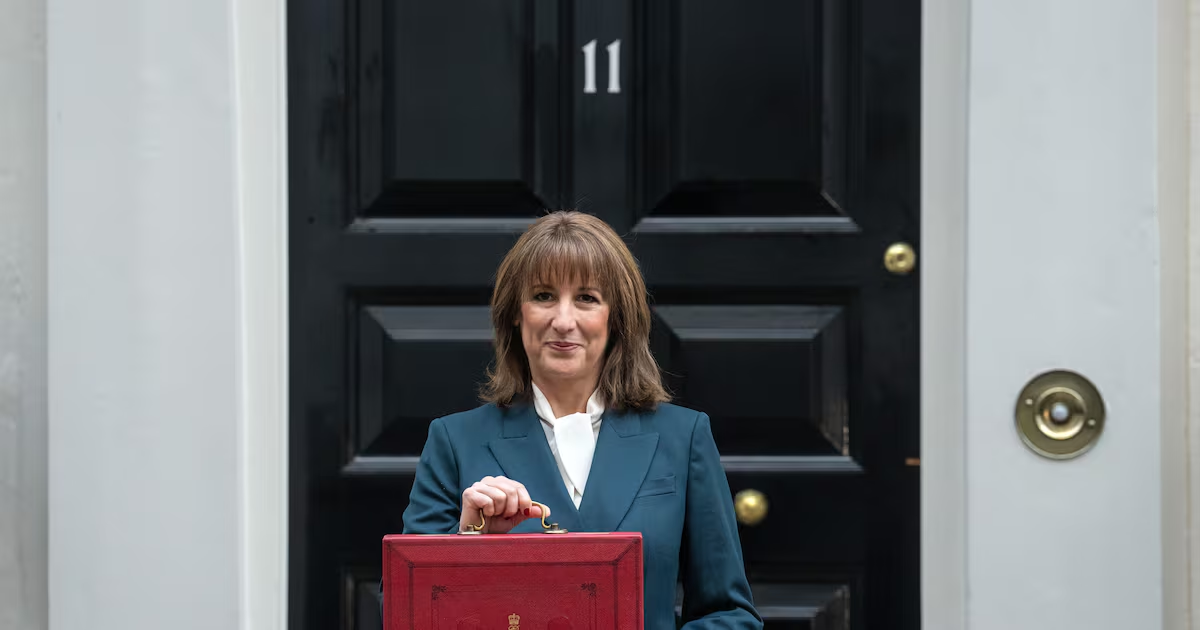North Macedonia: mayoral office more attractive than minister and MP

The coalition led by VMRO-DPMNE, the largest party in the central government of North Macedonia, won in most of the municipalities after the two rounds of local elections on October 19 and November 2. In the second round, which took place in 33 municipalities, a total of 19,287 invalid ballots were registered (5.6%).
Out of 80 municipalities, the right-wing party won 55, including the capital Skopje. Second, with nine mayors, is the “Vredi” coalition which is VMRO DPMNE’s partner in the current government.
The opposition SDSM will have six mayors, the National Alliance for Integration coalition led by DUI four, and the ZNAM Movement and the Roma Union, one mayor each. Two municipalities will be led by independent candidates.
After the elections, the president of the ruling party and Prime Minister Hristijan Mickoski said that mayors and officials have received a clear signal from the citizens, but need to be responsible and live up to their trust.
Opposition leader Venko Filipce argued that the government is in decline due to the reduced number of votes from the parliamentary elections, and that it is time for changes in the party.
Among the ethnic Albanian parties, the main message of the winners from the “Vredi” coalition was that they had successfully challenged the DUI political dominance after 20 years. The DUI leader assessed that it was an unfair competition, and regards the loss of mayoral positions as a call to strengthen the party.
The mayoral seat attracted ministers and MPs. Izet Medziti, who was Deputy Prime Minister in the government, will be the mayor of the municipality of Chair. MPs Jane Micevski, Beti Stamenkoska Trajkoska and Dejan Prodanoski from VMRO-DPMNE will lead the municipalities of Sopište, Kisela Voda and Prilep respectively.
The turnout did not exceed 50% in either round, marking the lowest participation since the country’s independence.
According to data from the State Election Commission, in the first round for mayors, the turnout was 48.30%, with 885,085 voters out of 1,832,415 registered. The turnout in the second round was 41.24%.
For the mayor of Skopje, the turnout in the second round was 35.33%. The highest turnout in the first round of mayoral elections was in 2013 with 67%, after which it has been steadily declining, with 60% in 2017 and 50.57% in 2021.
In four municipalities the required turnout of over one third of registered voters was not achieved, namely in Gostivar, Centar Župa, Mavrovo and Rostuše and Vrapčište. A new election procedure will be implemented in these municipalities within 60 days of the announcement of the final results.
The power of mayors is great, but according to the laws, they cannot be dismissed before the end of their term, Radio Free Europe analyzed.
“Amendments have been made to the Law on Local Self-Government that should allow the recall of a mayor by referendum, but they have not yet been adopted by the Parliament. If adopted, they will be valid from the next local elections after four years. Now a mayor can be dismissed only in the event of death, resignation, a sentence to more than six months in prison, deprivation of legal capacity, incompatibility of functions, absence for six months without justification or if they move out of the municipality,” the article states.
The second round offered voters a choice between political alternatives and the campaign was competitive in most municipalities, but not all candidates had equal campaign conditions, it was pointed out at the press conference of the OSCE/ODIHR international election observation mission.
The observers assessed that, as in the first round, fundamental freedoms of expression as well as freedom of association and assembly were respected and that the participants in the elections had the opportunity to campaign freely. However, they added, the tone of the campaign was more restrained than in the first round, with individual cases of personal attacks between candidates and party leaders.
309 candidates ran for mayor – 10 more than in 2021 – including only 32 women (10.35%). The most mayoral candidates (683) were registered in the first local elections in 1996, and the least in 2017 (257).
The most female candidates – three – were found in Prilep, while two each competed in Bitola, Veles, Karpoš, Kisela Voda, Negotino and Centar. In 16 municipalities and the City of Skopje there was only one female candidate.
Four women managed to gain the trust of the citizens and be elected in their municipalities – one in the first round and three in the second one.
In the first round, Beti Stamenkoska Trajkoska from VMRO-DPMNE won in the municipality of Kisela Voda. In the second round, Sonja Stamenkova won a second term in Makedonska Kamenica, supported by the coalition led by SDSM.
VMRO-DPMNE candidates Marija Naceva in Negotino and Natalija Dimitrieva in Demir Kapija also won in the second round.





